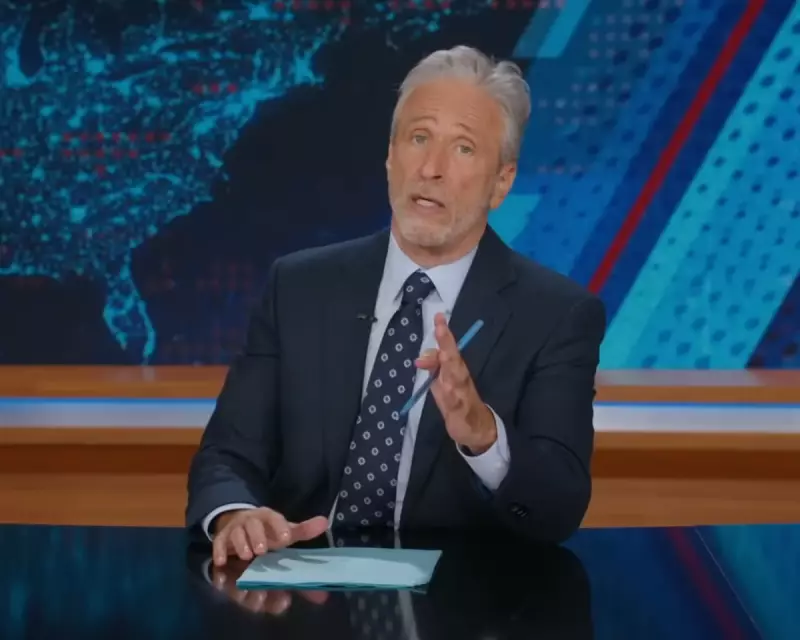
In an unprecedented show of comedic force, America's most influential late-night television hosts have formed what amounts to a united front against the political madness of the 2024 election cycle. The heavyweights of humour – Jon Stewart, Stephen Colbert, Jimmy Kimmel, and Seth Meyers – are coordinating their efforts in what insiders describe as a strategic alignment of satirical firepower.
The Return of a Master Satirist
Jon Stewart's comeback to The Daily Show has proven to be the catalyst for this new era of coordinated comedy. Rather than treating his Monday night slot as an isolated performance, Stewart has been actively sharing research and comedic angles with his fellow hosts throughout the week. This collaborative approach marks a significant departure from the traditionally competitive late-night landscape.
A Coordinated Comedic Offensive
What began as informal conversations between the hosts has evolved into a sophisticated information-sharing network. The comedy titans now regularly exchange notes on political developments, ensuring their audiences receive comprehensive coverage of the election's most absurd moments from multiple comedic perspectives.
The strategy appears to be working brilliantly:
- Stewart establishes the narrative framework each Monday
- Colbert, Kimmel, and Meyers build upon these foundations throughout the week
- Shared research creates deeper, more informed satire
- Viewers benefit from multiple angles on complex political issues
Beyond Traditional Rivalries
This new spirit of cooperation represents a dramatic shift from the cutthroat competition that once defined late-night television. The hosts now operate more like members of an editorial board than competitors fighting for ratings and exclusives. Their shared mission: to cut through political noise and hold power accountable through humour.
The Audience Response
Viewers have embraced this collaborative approach, with social media buzzing about the hosts' coordinated takes on political developments. The strategy has created a sense of ongoing conversation throughout the week, rather than isolated nightly monologues. This has proven particularly effective during a chaotic election season where traditional news outlets struggle to maintain public trust.
As one television executive noted, "We're witnessing the evolution of political satire from individual commentary to collective intelligence. These hosts have realised that together, they can create something more powerful than any of them could achieve alone."
The result is a late-night landscape that functions as a continuous dialogue with the political establishment – one that promises to remain essential viewing as the election reaches its climax.





